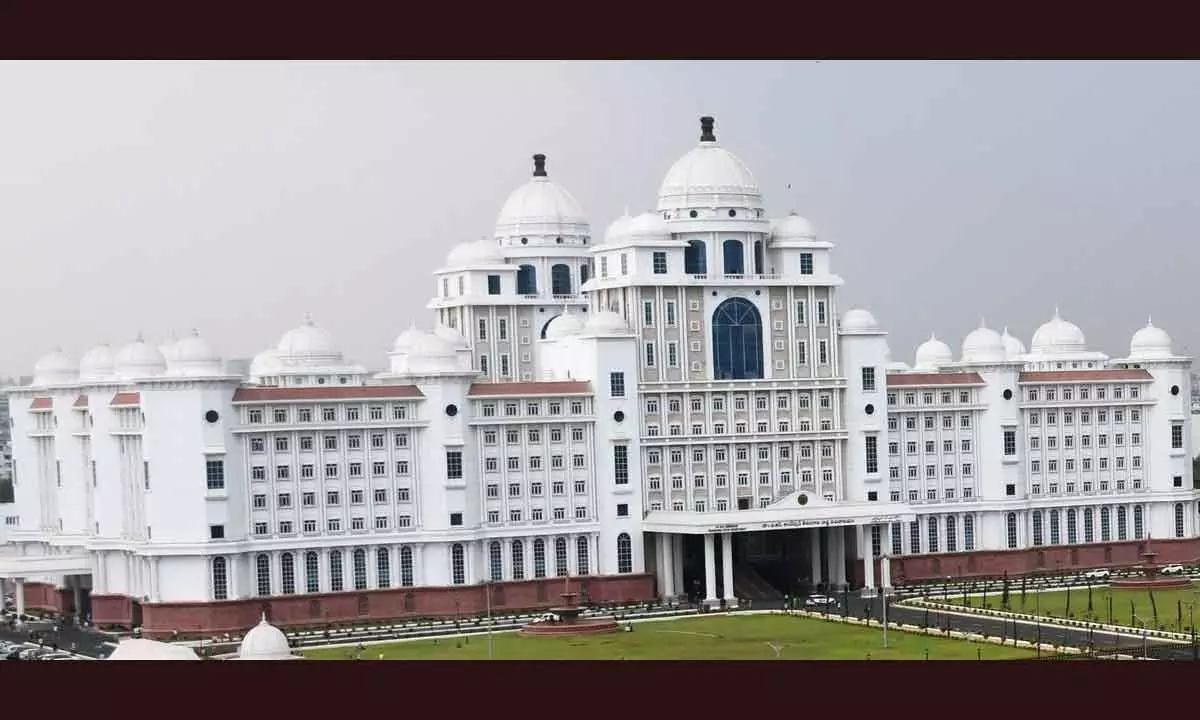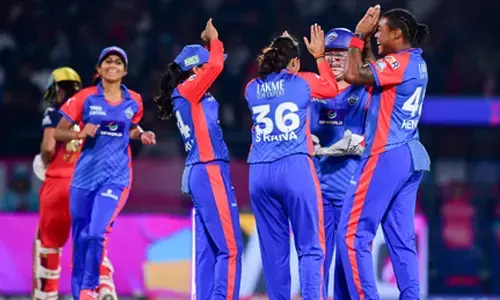Policy paralysis hitting TS Education sector hard?

Major policy decisions on school fee regulation, education reforms, faculty appointments, NEP-2020 and funding issues keep dragging on for years
Hyderabad: Is policy paralysis hurting the Telangana Education sector? If the goings on are any indication, the answer seems to be a resounding yes.
Officials like secretaries, commissioner and directors at the state level, HoDs of higher, collegiate technical and school education departments have changed since the formation of the state.
Similarly, there are changes in those heading the State Board of Intermediate Education and Board of Secondary Education, Telangana State Council of Higher Education.
Besides, full-time and part-time vice-chancellors have been running the show at the state universities for the past ten years.
However, “decisions related to key policies on education are dragging on for years,” says a former State Higher Education Department official.
To begin with, the major policy decision on appointing a School Fee Regulation Committee on the fixation of collection of school fees in private un-aided schools remained a non-starter.
The State government's repeated assurances, including before the courts, that it was taking appropriate steps were unfulfilled.
Coming to the Telangana State Board of Intermediate Education (TSBIE), the board has been running more or less the age-old show, while its counterparts, the Central Board of Secondary Education (CBSE) and Indian Certificate of Secondary Education (ICSE), have been bringing several changes in line with the New Education Policy-2020 (NEP-2020).
The central boards initiated the new changes to prepare their students for inter and multi-disciplinary orientated undergraduate programmes contemplated under NEP-2020.
According to a senior contract faculty member of Osmania University, the number of students qualifying for Junior Research Fellowship-cum-National Eligibility Test (NET) after their post graduation remained low in the State universities. Making things more complicated is that from now on, the University Grants Commission (UGC) has already started implementing the new eligibility norms. This allows students who have completed their undergraduate studies to give JRF-NET to pursue research anywhere in the country. How to strengthen the undergraduate courses, infuse building up research capital and prepare students of the state colleges and universities to compete at the national level seems of no one's concern. Instead, early on, the state universities are forced to run coaching centres to prepare students for competitive examinations.
The appointment of regular university faculty is a major policy decision that remains in limbo for years. Earlier, the state government had released government orders and issued clearance for appointing regular teaching faculty in the state universities. However, "the catch was everything gets cleared from the state government's side. Yet, nothing ever happened since 2016," rued an office bearer of the University Teachers JAC.














